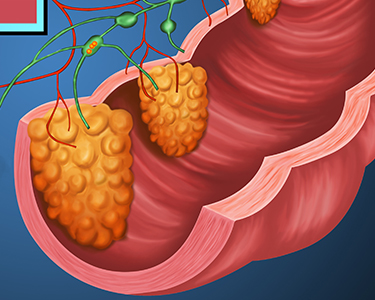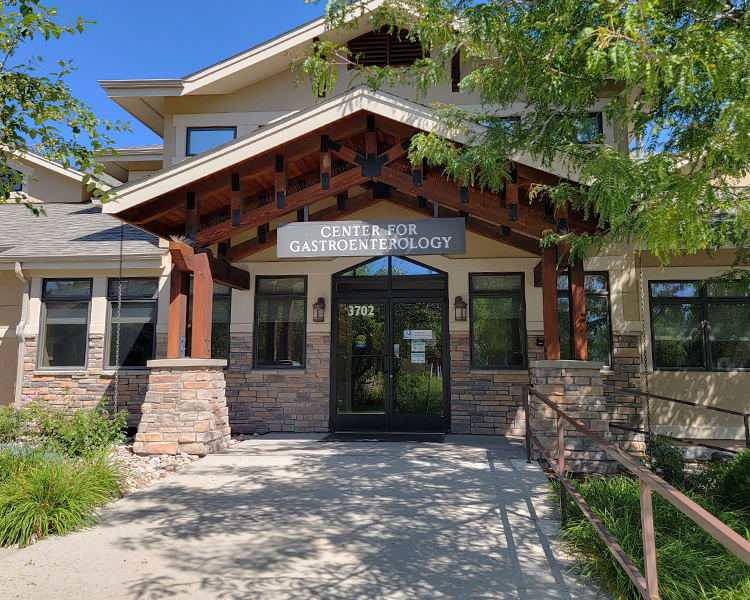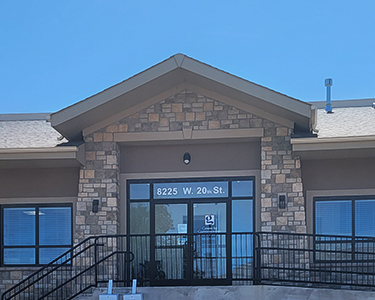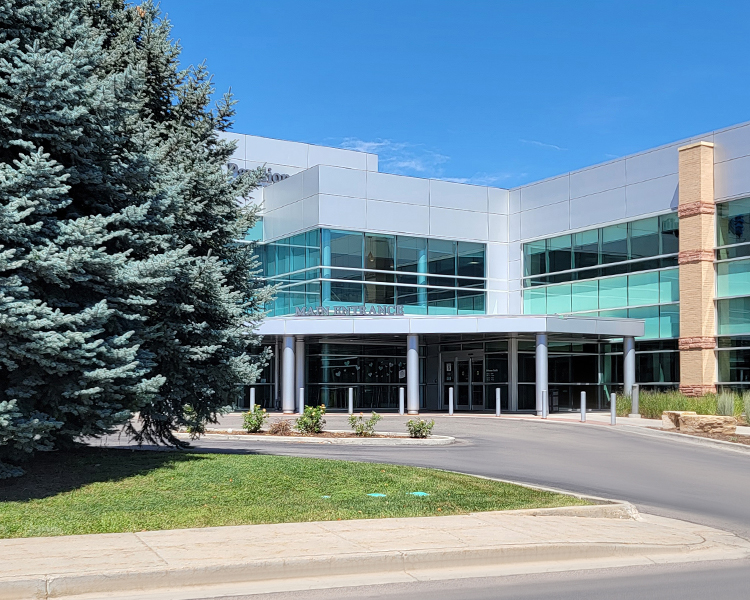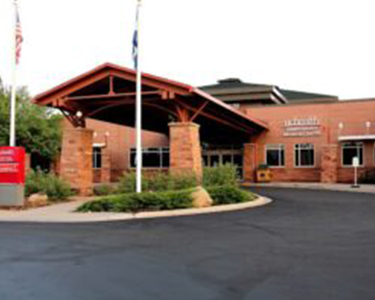Quick Links
Colorectal cancer diagnosis is a life-changing experience for anyone. It alters plans and turns everyday lives upside down. Our team at the Centers for Gastroenterology understands this and is here to help and assist patients during this difficult journey. Thankfully, now more than ever, there are a range of options to diagnose and treat colorectal cancer. Our team is dedicated to taking your goals, needs, and worries into account, to create a safe, supportive, and collaborative experience. We want you to know that your voice is heard and that our team will use our expertise and passion for patient care to aid you on your treatment journey.
What is Colorectal Cancer?
Cancer begins when mutated cells in the body begin to grow and multiply exponentially. The increase in cancerous cells may cause a mass, or a tumor, to develop.
Colorectal cancer is a cancer that begins in the rectum or in the colon which makes up the large intestine. The vast majority of colorectal cancers start as a small benign growth called a polyp. People are not able to feel or tell if they have a polyp. Over time the polyp can continue to grow and evolve into colorectal cancer. By the time a patient has symptoms such as blood in the stools, It may be too late as colorectal cancer may have already developed. This is why it is important to get colorectal cancer screenings completed as colorectal cancer is preventable with the aid of a colonoscopy. In some cases, polyps, or small growths, may begin to form on the large intestine’s inner lining. It is important to know that not every polyp is cancerous or a cause for concern, but some polyps may become cancerous over a period of time. Because polyps aren’t detectable unless they are seen during an exam, regular colon cancer screenings are used as an important preventive tool.
Colorectal Cancer: Advice from an Expert
Here’s a sobering fact for you: Colorectal cancer is the second leading cause of cancer deaths among men and women combined in the United…
Continue ReadingWhat Are the Causes of Colorectal Cancer?
The exact cause of colon cancer is unknown. Cancer is the result of normal cells experiencing DNA changes–what prompts this change cannot necessarily be identified.
Colon cancer can appear in any patient. However, certain factors may increase the risk of cancer being found, including:
- Being over the age of 50 (though more people under the age of 50 are developing this type of cancer than in previous years)
- Being African American
- Having certain conditions like inflammatory bowel diseases
- History of cancer within the family or history of polyps
- A diet low in fiber content
- Obesity
- Diabetes/resistance to insulin
- Smoking or consuming alcohol
It is important to clarify that these risk factors does not guarantee that someone will or will not develop cancer.
What Are the Signs and Symptoms of Colorectal Cancer?
Symptoms of colorectal cancer can vary significantly between patients and, for some, may not be present at all for a long period of time. However, there are several common symptoms to be mindful of, including:
- Blood in stool/bleeding from the rectal area
- A noticeable deviation from normal bowel habits (constipation or diarrhea)
- Discomfort, bloating, or pain in the abdominal region
- Feeling that there is still material left after a regular bowel movement
- Fatigue
- Unexplained weight loss
- Unexplained iron deficiency anemia
- Change in stool caliber
Many patients experience a combination of these symptoms.

Colorectal Cancer Treatment Options
Colon cancer staging is important to help figure out the best treatment options for a patient. The stages range from 0 to 4 and are dependent upon whether the cancer has spread to other regions of the body.
The treatment a patient receives will depend on the cancer stage. Thankfully, there are different options available to address colorectal cancer at different stages, while many involve surgery as a part of the treatment:
- Polypectomy or endoscopic mucosal resection may be performed to remove polyps that contain cancer.
- Partial colectomy is a surgery that removes a part of the large intestine that contains the cancer. The surgeon may decide on reconnecting the colon called an anastomosis or divert the colon to create a colostomy.
Other treatment options include chemotherapy and/or radiation treatment. Centers for Gastroenterology will work to connect patients with the best oncologists and surgeons in the region, ensuring that the best care is available.
Contact Us Today to Talk About Colorectal Cancer
We understand the anxiety that surrounds the possibility of cancer. If you’re concerned about symptoms you or a loved one may be experiencing, Centers for Gastroenterology in Fort Collins, CO would love to help ease your mind and work with you to develop a plan of treatment. Contact us today to schedule an appointment for a consultation with one of our experienced physicians. For your convenience, you may view and download our patient forms prior to your appointment.


